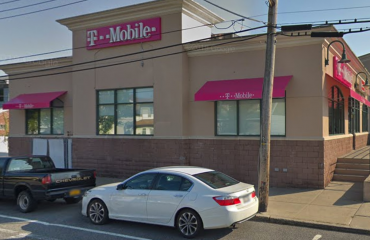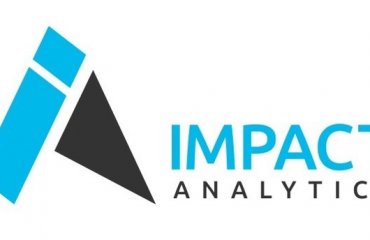InStyle and Others Owned by Barry Diller's Group to End Print Editions – The New York Times
Advertisement
Six titles owned by Dotdash Meredith will become digital-only publications as the company tries “embracing the inevitable digital future.”
By Tiffany Hsu and Katie Robertson
Six magazines operated by the media mogul Barry Diller through his Dotdash Meredith group will immediately stop publishing in print and move online.
The move, which affects Entertainment Weekly, InStyle, EatingWell, Health, Parents and People en Español, will lead to 200 job cuts, according to a memo sent to employees on Wednesday. The cuts amount to less than 5 percent of the company’s total work force.
The magazines were acquired last year by Dotdash, a subsidiary of Mr. Diller’s InterActiveCorp, when it bought the publishing giant Meredith for roughly $2.7 billion.
“We have said from the beginning, buying Meredith was about buying brands, not magazines or websites,” Neil Vogel, the chief executive of Dotdash Meredith, wrote in the memo, which was obtained by The New York Times. “It is not news to anyone that there has been a pronounced shift in readership and advertising from print to digital, and as a result, for a few important brands, print is no longer serving the brand’s core purpose.”
The online audience for Parents, InStyle and EatingWell increased 40 percent in the last year, according to the memo, which was first reported by The Wall Street Journal.
Dotdash Meredith also runs People, Better Homes & Gardens, Food & Wine and other publications that will remain in print. Mr. Vogel said the company planned to invest more than $80 million in content this year and print more than 350 million magazines.
“Today’s step is not a cost savings exercise and it is not about capturing synergies or any other acquisition jargon, it is about embracing the inevitable digital future for the affected brands,” he said in the memo. “Naysayers will interpret this as another nail in print’s coffin. They couldn’t be more wrong — print remains core to Dotdash Meredith.”
When Entertainment Weekly debuted in 1990, critics doubted it would last, and even some employees started an office pool, betting on how many issues it could survive. The bets were capped at 26 issues.
But on Wednesday, tributes to Entertainment Weekly and its long success flooded social media, including recollections of star-studded covers taped inside high school lockers and descriptions of the publication as a pop-culture bible.
Avid readers of InStyle recounted how they maxed out credit cards subscribing to the fashion tome and hauled the magazine with them on moves. The publication, known for showcasing celebrities using a formula it once described as “strapless dress, hand on hip, sellable smile,” was founded in 1994 with Barbra Streisand on its first cover.
The end of the print editions follows a now familiar industry trend: Many magazine companies are looking for ways to cut costs as the circulation of physical copies continues to drop and competition for advertising dollars becomes more fierce. Shape, a women’s fitness magazine owned by Meredith, stopped print editions at the end of last year. In September, the U.S. print version of Marie Claire, owned by the British publisher Future Media, was shuttered. Hearst discontinued regular print editions of O, The Oprah Magazine, in 2020.
Advertisement



